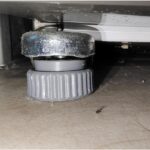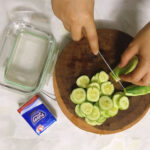Sudden power outages can occur for various reasons, and knowing how to handle the situation is essential to prevent food spoilage. Let’s explore some tips on how to manage your refrigerator and food items during a power outage.
1. Food Preservation Techniques During a Power Outage
To effectively preserve your food when the power goes out unexpectedly, consider the following strategies:
Minimize Refrigerator Openings
 Refrain from frequent refrigerator openings
Refrain from frequent refrigerator openings
Keep the refrigerator closed as much as possible to retain the cold air inside. Most refrigerators can maintain their coolness for at least a day or even 2-3 days without power, so avoid opening it frequently to prolong this effect.
Utilize Dry Ice or Ice Packs
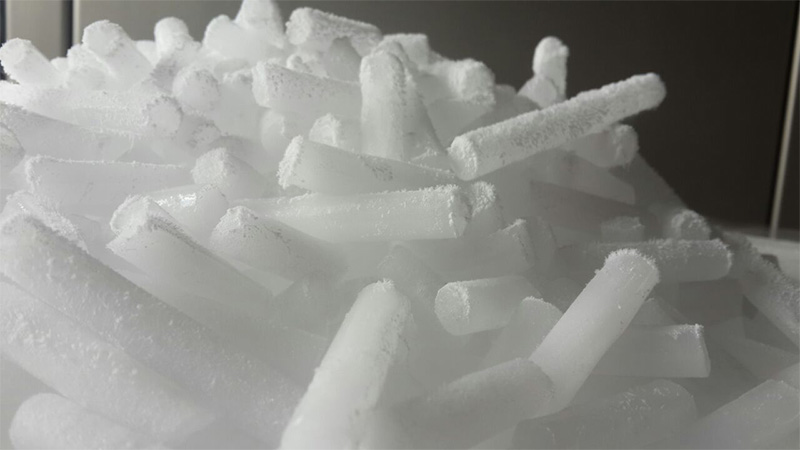 Dry ice and ice packs for temperature maintenance
Dry ice and ice packs for temperature maintenance
The U.S. Food and Drug Administration (FDA) advises that 22kg of dry ice can keep a refrigerator cold for about two days. Therefore, using dry ice or ice packs is an effective way to extend the cooling period during a power outage.
By placing these cooling agents inside your refrigerator, you can significantly prolong the preservation of your food items.
Avoid Adding New Items to the Fridge
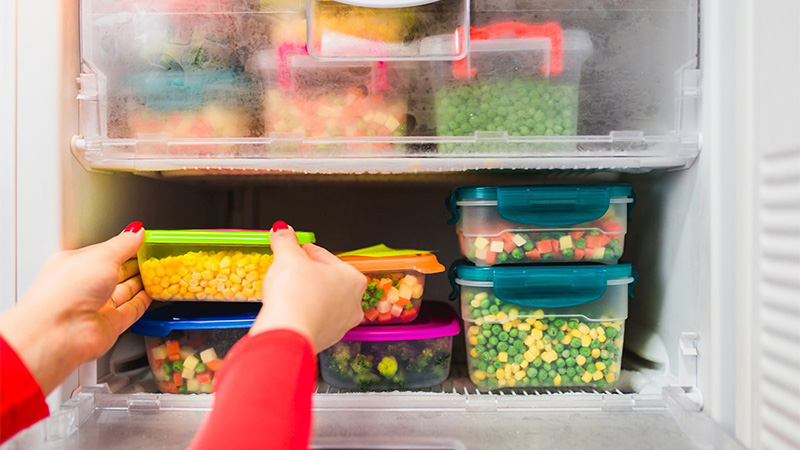 Refrain from adding new items to the fridge
Refrain from adding new items to the fridge
During a power outage, the cold air inside the refrigerator is not consistently maintained. Introducing new food items will cause the remaining cold air to focus on cooling them, accelerating the thawing of other stored foods.
Do Not Place Warm Food in the Fridge
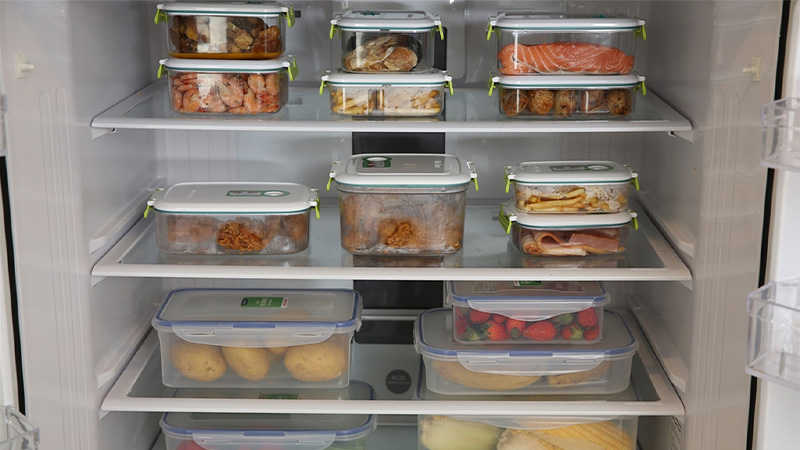 Adjust the temperature to the lowest setting
Adjust the temperature to the lowest setting
With limited cold air, putting warm food in the refrigerator will not only expedite thawing but also cause nutrient loss in the new food and negatively impact the other stored items. It may even reduce the lifespan of your refrigerator.
Inspect and Cook Perishable Foods
 Adjust the temperature to the lowest setting
Adjust the temperature to the lowest setting
In the event of a power outage, inspect the perishable foods in your refrigerator, especially items like meat, seafood, eggs, and dairy products. Prioritize cooking and consuming these items to ensure food safety.
2. Precautionary Measures Before a Scheduled Power Outage
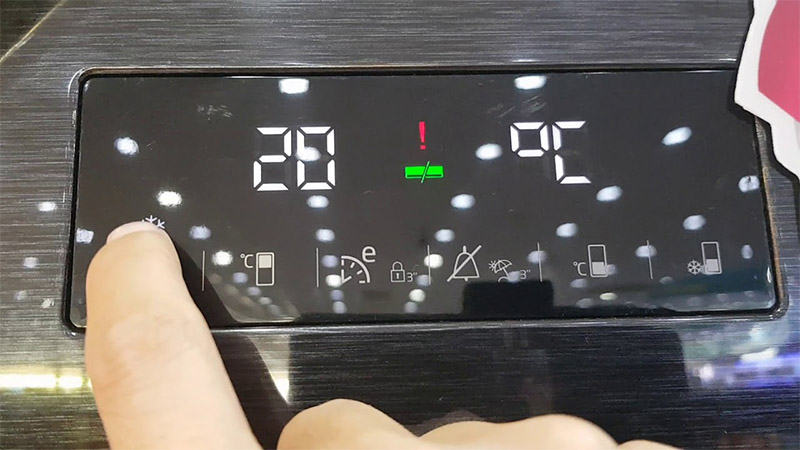 Preparation for a scheduled power outage
Preparation for a scheduled power outage
If you receive prior notice of a power outage in your area, take the following steps to safeguard your food and refrigerator:
- Adjust the temperature to the lowest setting: This will help preserve food for a more extended period as the items are already at their coldest.
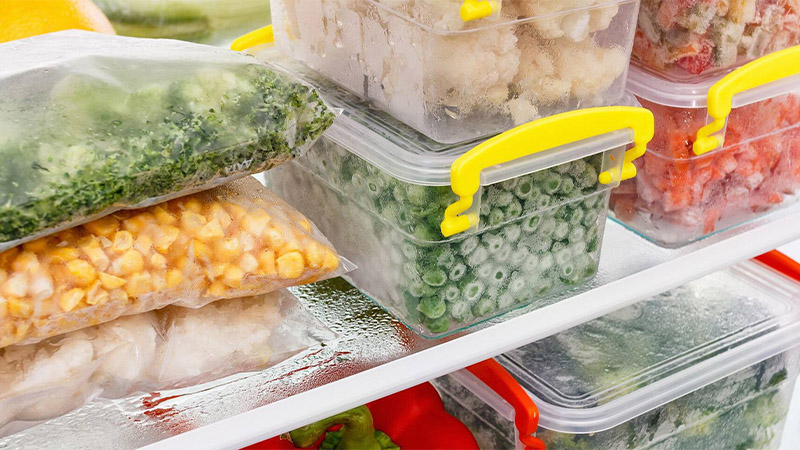 Adjust the temperature to the lowest setting
Adjust the temperature to the lowest setting
- Rearrange the food in your fridge logically and scientifically to optimize cold air distribution.
- Place a few bottles of water in the refrigerator: Water has a high specific heat capacity, enhancing the cooling effect. Filling empty spaces with water bottles improves the refrigerator’s efficiency and reduces energy consumption.
We hope that these tips on food preservation during a power outage will empower you to utilize your refrigerator more effectively and efficiently.
72 Hours Before Your New Fridge Arrives: A Step-by-Step Guide to Prepare for the Big Day
“Investing in a new refrigerator is a significant step towards a more efficient and modern kitchen. But before you start filling it with your favorite snacks and groceries, it’s essential to take some crucial steps to ensure optimal performance and safety. The experts recommend these simple yet effective measures to get the most out of your new appliance.”
Should You Buy Yellow Melon with or without the Stem?
Selecting the perfect cantaloupe can be a tricky task, and many are often perplexed by the age-old question: to stem or not to stem? The age-old dilemma of whether to choose a cantaloupe with a attached or detached stem has divided shoppers. The decision can make or break your taste experience, so it’s time to uncover the secrets to selecting the sweetest, most mouth-watering melon.

























